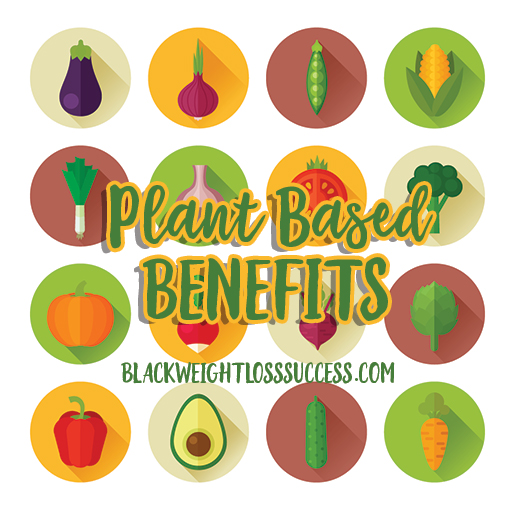 When you decide to embrace going meatless, you open yourself up to a world of potential benefits. Today, I want to share some helpful information to help you see how the choice to eat more plant foods could change your life. You’ve got to do your own research, but here are some great things to consider.
When you decide to embrace going meatless, you open yourself up to a world of potential benefits. Today, I want to share some helpful information to help you see how the choice to eat more plant foods could change your life. You’ve got to do your own research, but here are some great things to consider.
Benefits of Whole Grains
“Whole-grain, unprocessed carbohydrates — such as whole-wheat bread, whole-grain pasta, brown rice, oats, buckwheat, quinoa and millet — can help prevent heart disease, certain cancers and diabetes. Experimenting with a new grain choice on your next meatless day can provide fiber for normal bowel function, along with a variety of vitamins and minerals that contribute to the nutrient density of your diet.” – Academy of Nutrition and Dietetics
Digestive Health
“When you eat foods that are high in fiber, Rarback says, you feel fuller. This can benefit people who are trying to control their weight. Maintaining a healthy weight helps with many aspects of digestive health and can prevent unpleasant problems with digestion, such as acid reflux.” – Everyday Health
Weight Loss
“A study conducted from 1986 to 1992 by Dean Ornish, MD, president and director of the Preventive Medicine Research Institute in Sausalito, California, found that overweight people who followed a low-fat, vegetarian diet lost an average of 24 pounds in the first year and kept off that weight 5 years later. They lost the weight without counting calories or carbs and without measuring portions or feeling hungry.” – Vegetarian Times
Potentially Longer Lifespan
The method of research surveyed mortality rates among 73,308 Seventh-Day Adventist individuals, both men and women. And between 2002 and 2007, researchers looked to five dietary patterns as variables: non-vegetarian, semi-vegetarian, pesco-vegetarian, lacto-ovo-vegetarian, and vegan. According to the Huffington Post, the results of the endeavor found that mortality rates during the study’s timeframe were 12% lower for vegetarians, compared to non-vegetarians, whereas vegans saw an even lower mortality rate during the timeframe, or a 15% reduced risk of death. – Yahoo
Drop in Risk of Some Illnesses
“Most vegetarian diets are low in or devoid of animal products and are usually lower than non-vegetarian diets in total fat, saturated fat and cholesterol. Studies have shown that vegetarians seem to have a lower risk of obesity, coronary heart disease, high blood pressure, diabetes mellitus and some forms of cancer. The American Heart Association recommends a vegetarian diet should include a wide variety of foods and enough calories to meet energy needs. Choose whole or unrefined grain products. Use a variety of fruits and vegetables, including foods that are good sources of vitamins A and C. If you use dairy products, choose fat-free/nonfat and low-fat varieties. Keep intake of sweets and fatty foods to a minimum.” – American Heart Association
“Compared to meat-eaters, vegans and vegetarians enjoy some major health benefits—including a 29% drop in heart disease death and an 18% reduction in cancer risk.” – Prevention Magazine
“Researchers at Loma Linda University in California studied different versions of the vegetarian diet and cancer risk among people at a low risk for cancer overall and discovered that a vegetarian diet may have protective benefits. Although the study is not the final say on the matter, vegans had the lowest risk for cancers, specifically cancers most common among women, like breast cancer.” – Time Magazine
“Research suggests that a predominantly plant-based diet can reduce the risk for type 2 diabetes. In studies of Seventh-day Adventists, vegetarians’ risk of developing diabetes was half that of nonvegetarians, even after taking BMI into account. The Harvard-based Women’s Health Study found a similar correlation between eating red meat (especially processed meats, such as bacon and hot dogs) and diabetes risk, after adjusting for BMI, total calorie intake, and exercise.” – Harvard University
Dr. Kim Williams, [Immediate Past] President of the American College of Cardiology and chief of cardiology at Rush University Medical Center, advocates a plant-based diet for heart disease prevention. He is a vegan and one of the most high-profile cardiologists in the country. – NY Times


Comment Via Facebook